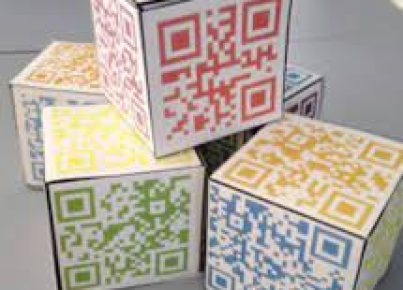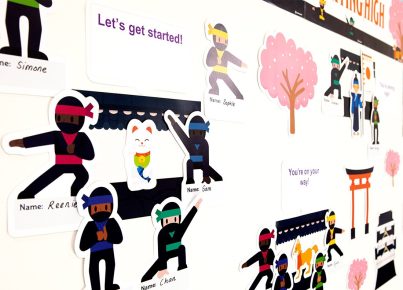In today’s classrooms, there are a variety of different learning styles, and it is essential for teachers to cater to those diverse needs. One effective way of doing this is by introducing a range of different learning activities into the curriculum. This article will explore 23 diverse learning style activity ideas that can be incorporated into any teaching plan.
1. Think-Pair-Share: Encourage students to work independently on a problem, then pair up to discuss their solutions before sharing with the class.
2. Concept Mapping: Have students create visual representations of key concepts to help them better understand complex subjects.
3. Jigsaw Activities: Assign each student a specific part of a topic, have them become experts in their area, then come together to share their findings with the group.
4. Role Playing: Simulate real-world scenarios by assigning students roles in various situations and encourage discussion and negotiation.
5. Socratic Seminars: Engage students in open discussions on specific topics or readings, allowing them to share their thoughts and learn from one another’s perspectives.
6. Round Robin Brainstorming: Students take turns adding ideas or answering questions until everyone has contributed or offered input.
7. Group Problem Solving: In small groups, have students work on solving problems collaboratively and presenting their solutions to the class.
8. Project-Based Learning: Design long-term projects centered around real-world issues or topics that require students to apply critical thinking and problem-solving skills.
9. Station Rotation: Set up stations with different learning activities, allowing students to rotate through each one to engage their various learning styles.
10. Gallery Walks: Display student work around the room and provide opportunities for peers to review, comment on, and discuss one another’s work.
11. Peer Teaching: Encourage students to explain challenging concepts or skills to their classmates, enhancing both their understanding and communication abilities.
12. Debate Activities: Host debates on controversial subjects, where students must research and advocate for a particular perspective.
13. Silent Discussion: Utilize sticky notes or whiteboards for students to share their thoughts and respond to others in a quiet environment.
14. Video Creation: Assign students to create short videos that demonstrate understanding of specific topics or concepts.
15. Skits or Mini-Plays: Have students create and act out various scenes to reinforce learning of key concepts or ideas.
16. Crossword Puzzles: Create crossword puzzles with subject-specific vocabulary, allowing students to reinforce their understanding of key terminology.
17. Mindfulness Exercises: Introduce mindfulness techniques such as deep breathing exercises or guided imagery to foster concentration and stress reduction.
18. Independent Research: Allocate time for students to research topics of personal interest related to the curriculum, allowing them to deepen their understanding and share their findings with the class.
19. Graphic Organizers: Use visual aids like Venn diagrams, flowcharts, or timelines to help students organize information and better understand complex processes.
20. Modeling Activities: Encourage students to build physical models or use digital tools to create visual representations of abstract concepts.
21. Active Listening: Teach listening skills by providing structured opportunities for students to listen attentively, ask questions, and provide feedback during discussions.
22. Memory Games: Play games designed to enhance memory skills while teaching new concepts or reinforcing previously taught material.
23. Reflection Journals: Give students regular opportunities to write about their learning experiences, encourage self-evaluation, and identify areas for improvement.
By incorporating these diverse learning style activities into your teaching plan, you can cater to the varying needs of your students and enhance overall learning outcomes. With a little creativity and flexibility, educators can provide an engaging and accessible learning environment suitable for all.





